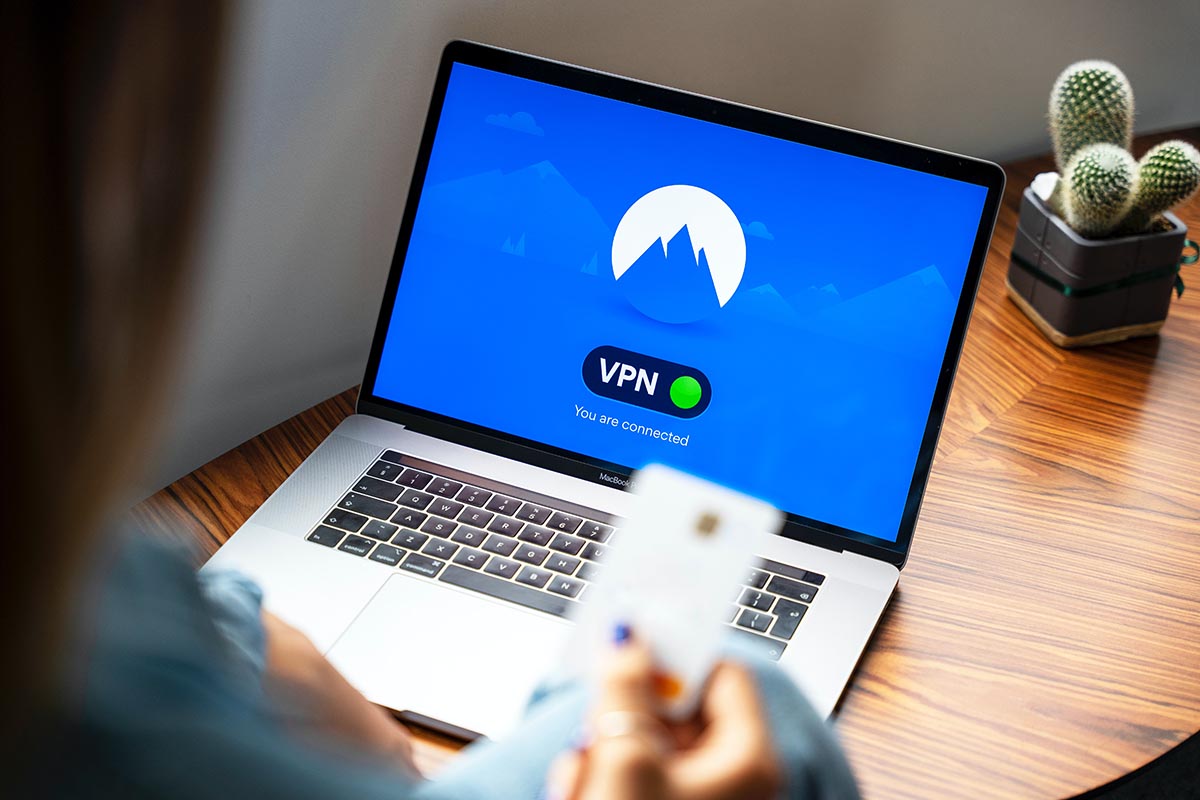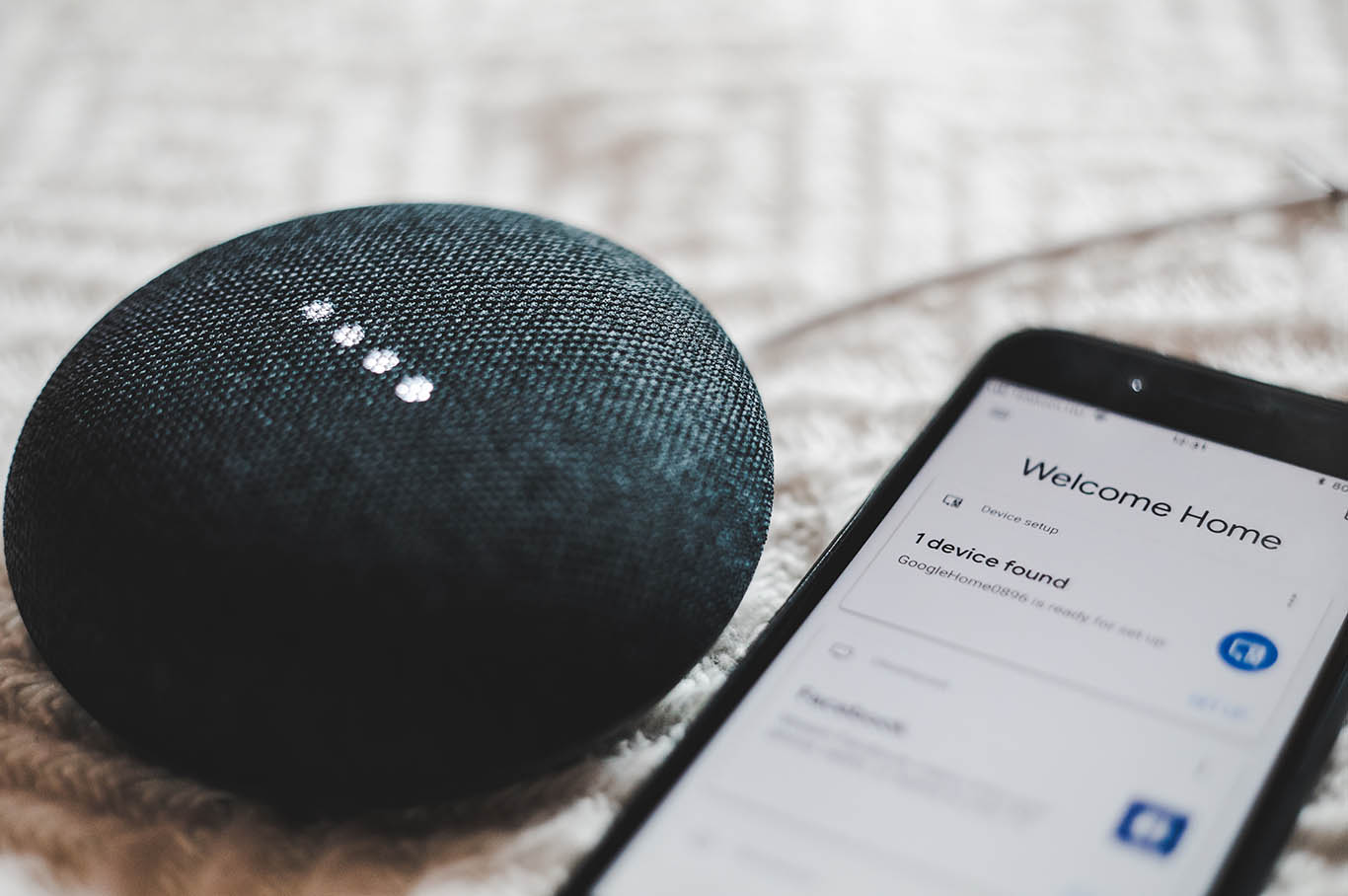Reasons To Look At A VPN
With the growing number of threats facing the internet and online espionage and tracking skyrocketing, VPNs have become a must-have tool for a multitude of internet users around the world.
You may have already thought about installing one. But before taking the plunge, it is important to educate yourself and know the pluses and minuses of such an application. You can first look at a VPN tutorial.
What is a VPN? Definition and examples of use
To begin with, let’s take a look at the description of the VPN since it is not always easy to explain what it is in concrete terms. First, VPN is an acronym for Virtual Private Network, translated as Virtual Private Network in French. This is an application that links the connection of the user’s device to the Internet through a secure remote server.
The VPN server acts as an intermediary, so the Internet user is never directly connected to the Internet network. All its requests are then sent and received by the server. For websites, they don’t have to do with you but with the VPN server with its IP address and location.
VPN servers encrypt web traffic and hide users’ IP addresses, giving them secure and anonymous browsing. These remote machines are located in different places around the globe, allowing them to be geolocated in virtually any country. This is why we talk about a virtual private network. VPN applications can be used on many devices, such as computers, smartphones, tablets, Smart TVs, and sometimes routers.
Usually, these tools are easy to use. As we briefly described, VPNs have several features and are useful in many circumstances. Some Internet users use it to protect their data online from malicious people or their Internet service provider. Expatriates abroad use VPNs to access content from their home countries and the security they offer. Sometimes VPNs are used to bypass censorship.
VPNs have the advantage of being simple applications to install and use. The applications are relatively light and are compatible with several media. Getting started is quick. Most of the time, the interface is neat and uncluttered, which allows you to familiarize yourself with the VPN in a few minutes. So there is no need to have advanced computer knowledge to use a VPN. It is a simple tool that adapts perfectly to all profiles.
The other downside to VPNs is that the service is chargeable. If you want a quality VPN, you will need to take out a subscription. Of course, there are free VPNs, but it would be a mistake to opt for this solution because the security is not there. Many even resell user data without their knowledge in order to fund their service. However, it is a vital element for your business, and it is something worth investing in for your privacy and data protection. This is important to instill confidence into your customers.




















